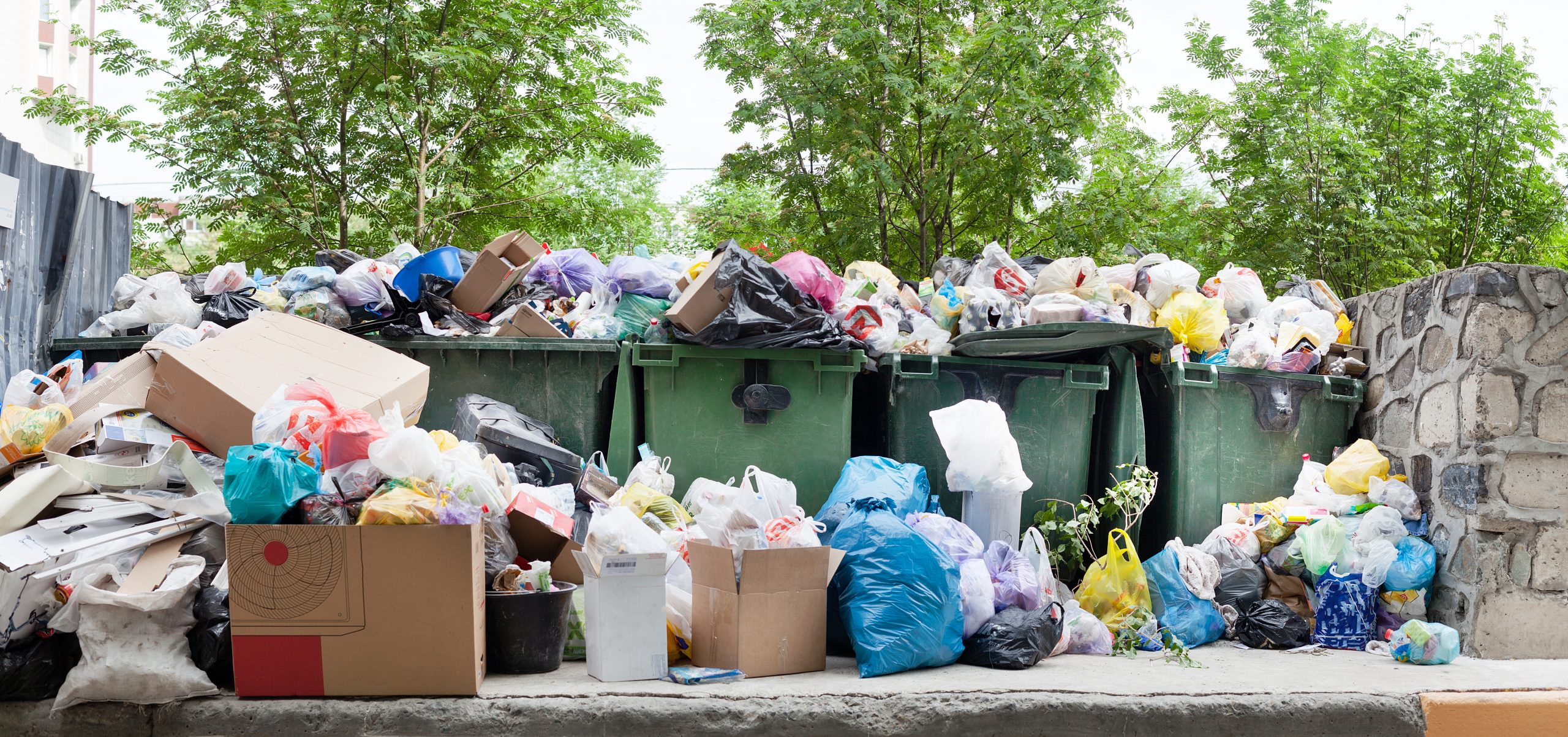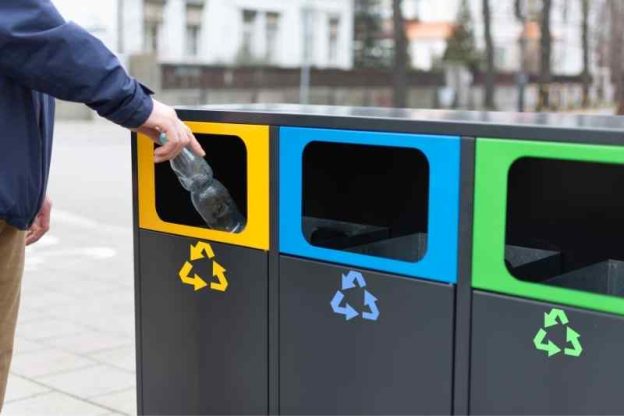Waste management is a critical issue facing both residential and commercial properties. The way in which waste is managed can have significant impacts on the environment, public health, and overall quality of life. Understanding the different strategies and best practices for waste management is essential for ensuring that both residential and commercial properties are operating in a sustainable and responsible manner.
From recycling and composting to proper disposal techniques, there are a variety of options available for managing waste in residential and commercial settings. By implementing effective waste management strategies, property owners can reduce their environmental footprint, lower costs, and contribute to a healthier community. In this article, we will explore the importance of proper waste management for residential and commercial properties, as well as provide practical tips for improving waste management practices in both settings.
Importance of Proper Waste Management
Proper waste management is crucial for both residential and commercial properties to mitigate the negative impacts of waste on the environment and public health. By choosing sustainable practices such as recycling and composting, property owners can significantly reduce the amount of waste that ends up in landfills. Additionally, implementing proper waste disposal techniques ensures that harmful materials are not released into the environment, protecting wildlife and ecosystems. Property owners who prioritize responsible waste management contribute to a cleaner and healthier community for everyone.

Practical Tips for Improving Waste Management
One practical tip for improving waste management in residential and commercial properties is to utilize skip bins from Wizz Binz Skip Bins Perth. These skip bins provide a convenient and efficient way to collect and dispose of large volumes of waste, reducing clutter and promoting a clean environment. Another useful tip is to educate residents and employees about the importance of proper waste management practices, encouraging them to recycle, compost, and dispose of waste responsibly. By implementing these practical tips and strategies, property owners can make a positive impact on the environment and enhance the overall quality of life in their community.
Overall, proper waste management is essential for both residential and commercial properties to reduce environmental impact, lower costs, and promote a healthier community. By choosing sustainable practices such as recycling and composting, property owners can significantly minimize the negative effects of waste on the environment and public health. Utilizing skip bins and educating residents and employees about responsible waste management practices are practical steps that can be taken to improve waste management in both settings. By implementing these strategies, property owners can contribute to a cleaner and more sustainable future for all.
